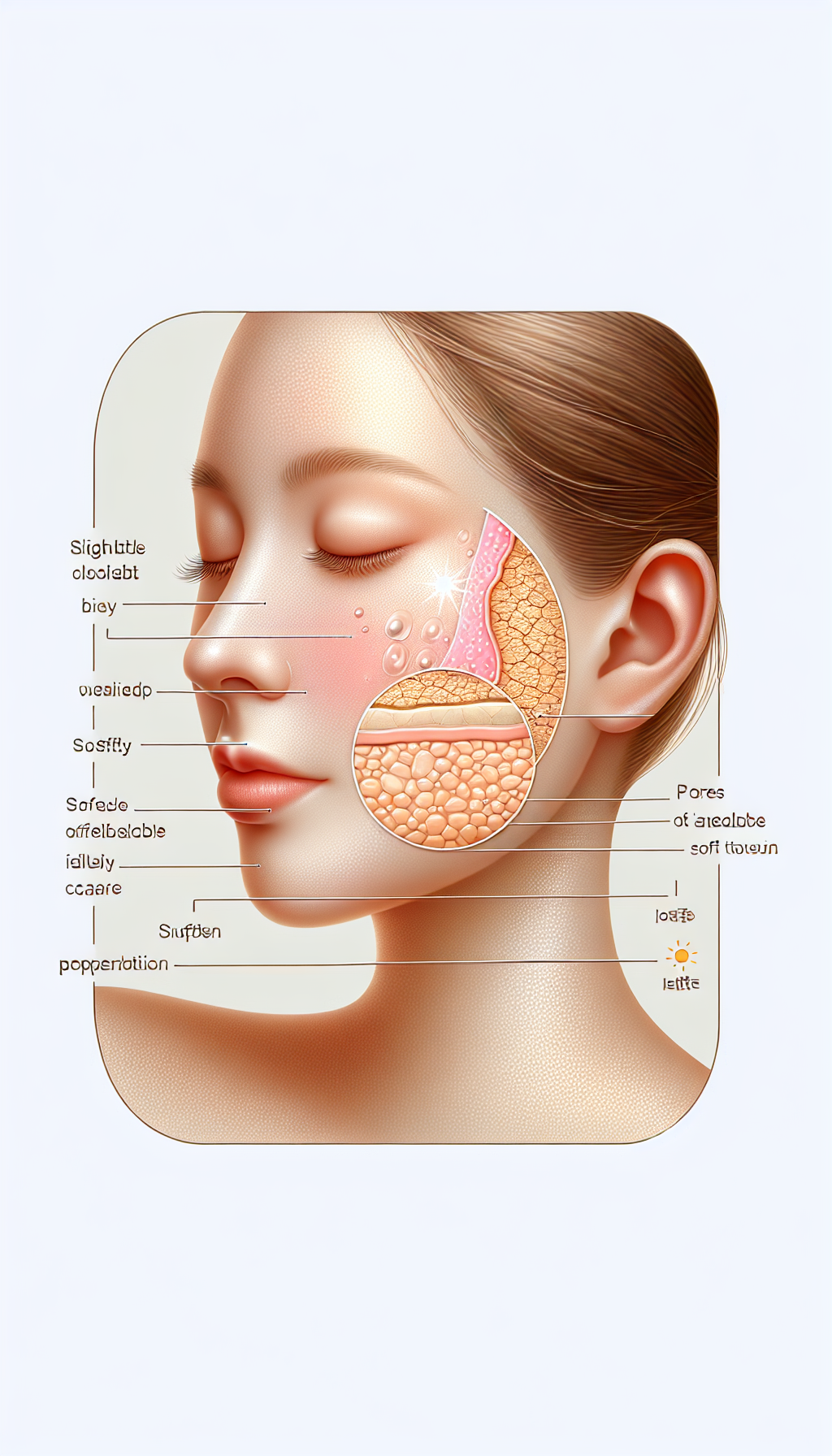The skin, our body’s largest organ, is a reflection of our overall well-being. It responds to a myriad of factors ranging from environmental stressors to our emotional states. However, one of the most profound influences on skin health comes from within: our hormones. Hormonal imbalances can manifest visibly on our skin, causing a variety of issues that can affect self-esteem and quality of life. Understanding these effects is crucial for developing a tailored skincare regimen that not only addresses surface-level concerns but also the underlying hormonal fluctuations.
The Hormone-Skin Connection
Hormones are chemical messengers that play a crucial role in regulating bodily functions, including the health and appearance of our skin. They affect skin hydration, oil production, elasticity, and the ability to repair itself. When hormonal imbalances occur, it can lead to conditions like acne, dryness, hyperpigmentation, and premature aging.
Estrogen and Skin Health
Estrogen, for example, is known to promote skin thickness, hydration, and elasticity. It helps in maintaining the moisture balance by regulating the production of hyaluronic acid and collagen. A decline in estrogen levels, often experienced during menopause, can lead to dryness, atrophy, and the formation of fine lines and wrinkles.
Androgens and Acne
Androgens, such as testosterone, can increase the size and activity of oil glands in the skin, leading to excess sebum production. This can clog pores and create a breeding ground for bacteria, resulting in acne. Understanding the role of androgens is crucial, especially for women who suffer from polycystic ovary syndrome (PCOS), a condition that can increase androgen levels and exacerbate skin issues.
For a deeper understanding of how hormonal imbalances affect other aspects of health, you may want to explore our Skin Health section for comprehensive insights.
Recognizing Hormonal Skin Conditions
Hormonal imbalances can trigger or worsen skin conditions. Here are a few of the most common:
- Acne: Often linked to hormonal fluctuations during puberty, menstruation, pregnancy, or menopause.
- Rosacea: While the exact cause is unknown, hormonal changes can cause flare-ups.
- Melasma: Hormone-induced pigmentation, often associated with pregnancy or birth control use.
- Eczema and Psoriasis: Stress hormones can exacerbate these inflammatory skin conditions.
For those dealing with acne, it’s advisable to delve into our extensive guide on Comprehensive Guide to Acne Treatment and Prevention, which provides valuable strategies for managing this condition.
Addressing Hormonal Skin Issues
Topical Treatments and Skincare Routines
A well-formulated skincare routine can help manage hormonal skin issues. For instance, retinoids and hydroxy acids can be effective in treating acne, while antioxidants like vitamin C can help with pigmentation issues. Hydrating ingredients such as hyaluronic acid and ceramides can support skin’s moisture barrier, especially important when dealing with dryness from hormonal declines.
Understanding the role of ingredients is essential. One can learn more about the importance of ingredients like vitamin C in our article on The Benefits of Vitamin C in Skin Care.
Lifestyle Modifications
Diet, exercise, and stress management can also influence hormone levels and, by extension, skin health. Regular exercise has been shown to help balance hormones and improve circulation, delivering nutrients and oxygen to the skin for a healthier complexion. Stress reduction techniques such as meditation can decrease cortisol levels, potentially reducing the severity of conditions like acne and eczema.
Hormonal Therapies and Medications
In some cases, topical treatments and lifestyle changes may not be enough. Medical interventions such as hormone replacement therapy (HRT) or oral contraceptives can help regulate hormone levels and improve skin conditions. However, these treatments come with risks and should be considered carefully in consultation with a healthcare provider.
For a broader look at how different factors influence skin health, the article on How Exercise Impacts Skin Health and Complexion offers valuable insights.
Advanced Solutions for Hormonal Skin Issues
Recent advancements in dermatology have introduced novel treatments that can be particularly beneficial for hormone-related skin issues. These include:
- Laser Therapy: Can help with pigmentation issues like melasma.
- Microneedling: Aids in collagen production, beneficial for skin laxity and texture issues due to hormonal aging.
- Peptide Treatments: Peptides can stimulate collagen production and are found to be effective in skin firmness and anti-aging treatments.
Conclusion
Hormonal imbalances are a natural part of life, but their effects on the skin can be managed with a combination of targeted skincare, lifestyle adjustments, and medical interventions. It’s crucial to approach hormonal skin issues holistically, considering the intricate interplay between our hormones and overall health.
Additionally, exploring high-quality, niche resources can further one’s understanding and ability to manage these conditions. For instance, the Endocrine Society’s patient education resources offer in-depth information on hormonal health, while the American Academy of Dermatology provides comprehensive details on skin conditions and treatments.
Remember, every individual’s hormonal journey is unique, and what works for one may not work for another. It’s always best to consult with a healthcare professional or a dermatologist to develop a personalized plan that addresses your specific needs and concerns. With the right knowledge and tools, you can maintain healthy, resilient skin, regardless of hormonal changes.



